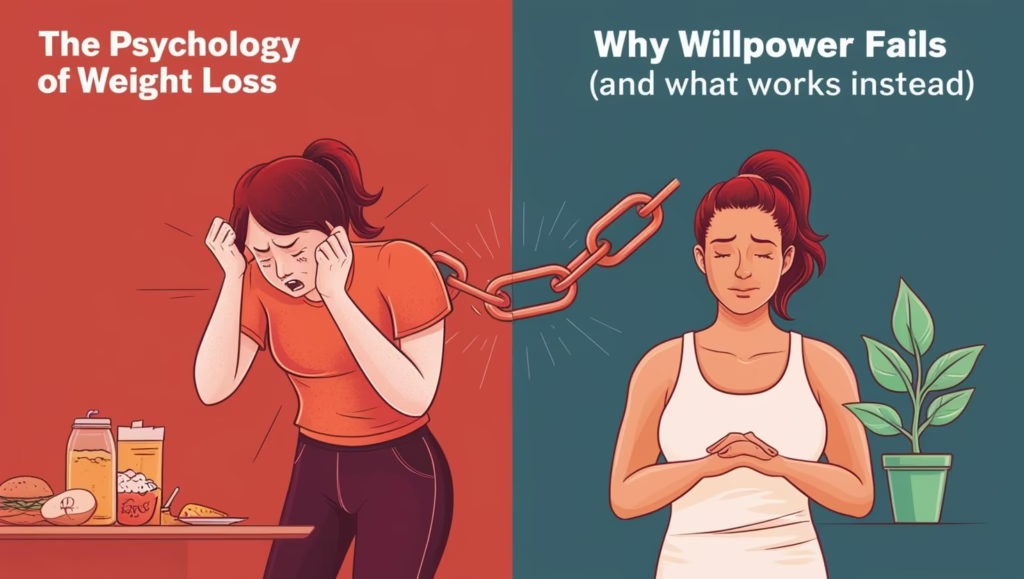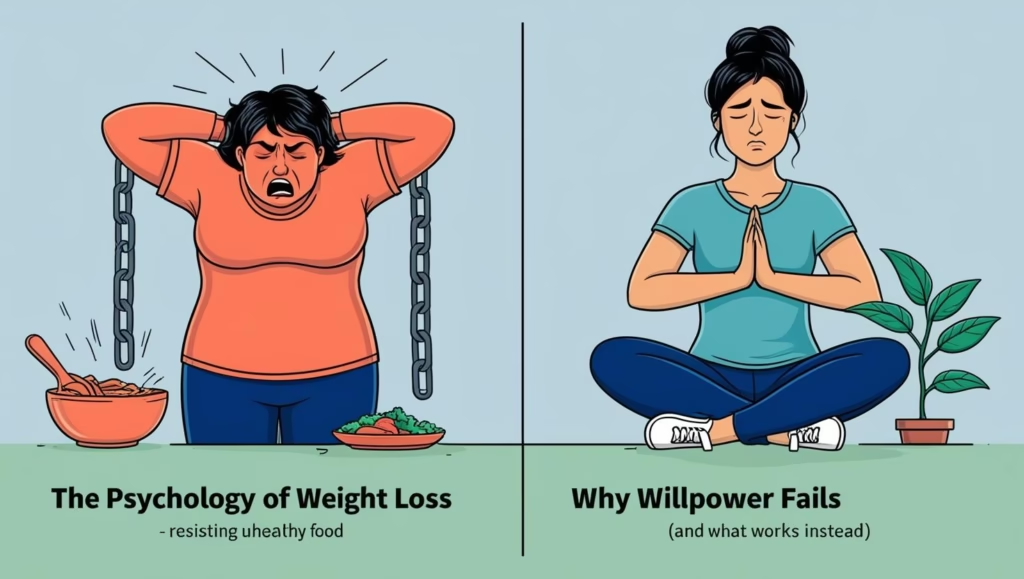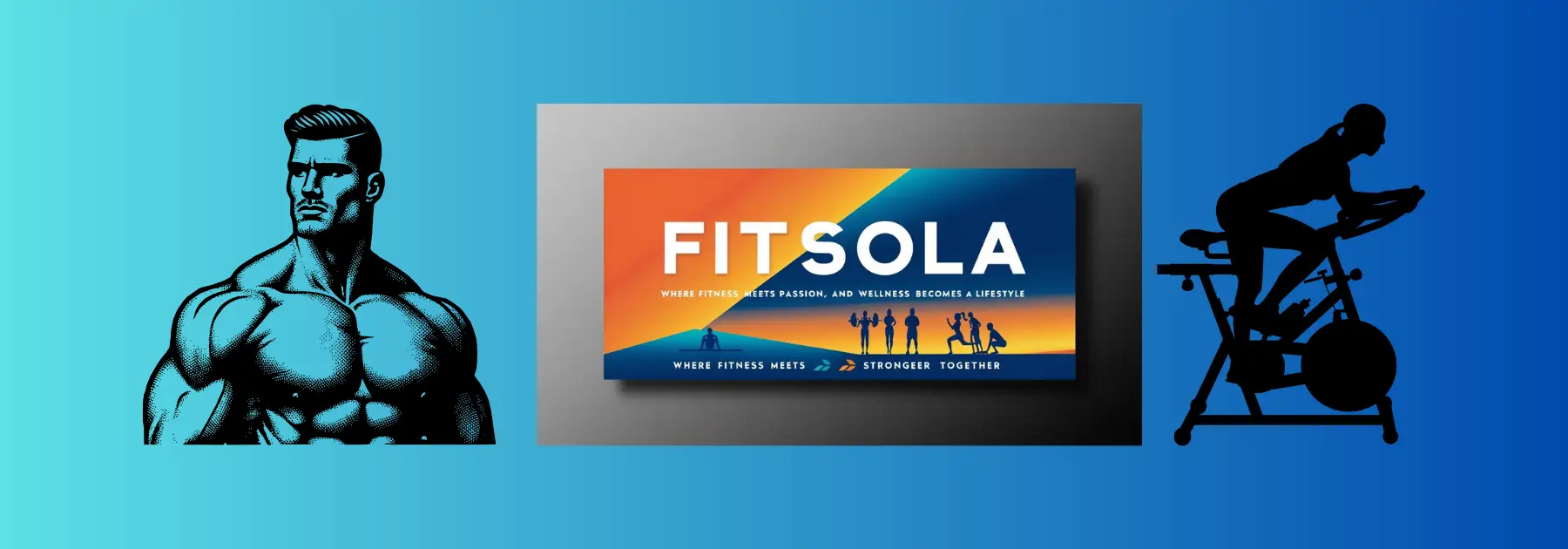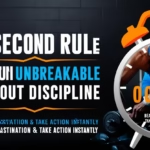We’ve all been there. Staring down a plate of food, a battle rages in our minds. One voice whispers, “Indulge, you deserve it.” The other, the voice of reason and resolution, shouts, “No! Think of your goals!” This internal tug-of-war, often framed as a test of willpower, is the familiar battleground of weight loss. That is what scientists call ‘The Psychology of Weight Loss’. We arm ourselves with sheer determination, vowing to “just eat less, move more,” only to find ourselves repeatedly feeling defeated and wondering why our resolve crumbled.
The truth is, the conventional advice to simply grit our teeth and power through often sets us up for failure. It overlooks a fundamental aspect of human behavior: the psychology of weight loss. Sustainable success in achieving and maintaining a healthy weight isn’t just about calorie deficits and gym memberships; it’s about understanding the intricate workings of our minds, our habits, and our emotional landscape. It’s about recognizing that the struggle isn’t a moral failing or a lack of personal strength, but a complex interplay of biological predispositions and psychological patterns.

This blog post delves into the fascinating world of the psychology of weight loss, revealing why relying solely on willpower is a losing game and, more importantly, outlining the evidence-based strategies that truly pave the way for lasting change. Forget the restrictive diets and the constant battle against your own desires. It’s time to understand your brain and work with it, not against it, to achieve your health goals.
1. The Myth of Willpower in Weight Loss
For decades, willpower has been lauded as the ultimate key to success in any endeavor, including weight loss. We’re told that if we just want it badly enough, we can resist temptation and adhere to strict dietary rules. However, psychological research paints a different picture, revealing willpower to be a far more fragile and limited resource than we often believe.
The ego depletion theory, proposed by social psychologist Roy Baumeister, suggests that willpower operates like a muscle. Just as physical exertion tires our muscles, exercising self-control in one area can temporarily deplete our capacity for self-regulation in others. This means that a day filled with resisting sugary snacks at work might leave you with little mental energy to say no to that extra serving at dinner. Dieting, by its very nature, requires constant exertion of willpower, making us more susceptible to giving in to cravings and impulsive choices as our mental reserves dwindle.
Furthermore, the brain itself is wired to resist restriction. Reactance theory posits that when individuals feel their freedom of choice is threatened, they experience a motivational state aimed at restoring that freedom. When we impose strict rules and label certain foods as “forbidden,” our brains can rebel, making those very foods even more desirable and leading to intense cravings. This psychological pushback can make even the most determined individuals feel like they’re constantly fighting an uphill battle.

The cycle of dieting often exacerbates this. Initial restriction can lead to feelings of deprivation, which in turn can trigger intense cravings. When willpower eventually falters, and we “break” our diet, feelings of guilt and failure can lead to a binge cycle, where we overeat as a way to cope with negative emotions. This reinforces the idea that willpower is unreliable and that dieting is a constant struggle, further undermining our confidence and motivation.
2. The Role of Habits and Automatic Behaviors
Think about your morning routine. Do you consciously decide to brush your teeth, make coffee, or get dressed in a specific order each day? Probably not. These actions have become ingrained habits, performed automatically with little conscious thought. Similarly, a significant portion of our eating decisions are driven by unconscious habit loops – a cue, a routine, and a reward.
These habit loops are powerful because they bypass conscious decision-making, conserving our limited willpower. For example, the cue of sitting on the couch in the evening might automatically trigger the routine of reaching for a snack, with the reward being the pleasurable taste and a feeling of comfort. Over time, these associations become deeply ingrained, making it incredibly difficult to break the cycle simply through sheer willpower.
Our environment also plays a crucial role in shaping these automatic behaviors. Food cues, such as seeing advertisements for unhealthy foods or having tempting snacks readily available, can trigger cravings and unconscious eating. Portion sizes, often influenced by the plates and serving utensils we use, can also lead us to eat more than we realize without actively making a conscious decision.
Understanding the power of habits is crucial for sustainable weight loss. Instead of relying on willpower to constantly resist these ingrained behaviors and environmental triggers, a more effective approach is to focus on changing the underlying habits themselves. By identifying the cues that trigger unhealthy eating and modifying the routines and rewards associated with them, we can gradually rewire our automatic responses and make healthier choices the default.
3. Emotional and Psychological Drivers of Overeating
Food isn’t just fuel for our bodies; it’s often intertwined with our emotions and psychological states. Many of us turn to food for comfort during times of stress, boredom, or emotional distress. This emotional eating can provide temporary relief or distraction, but it doesn’t address the underlying emotional issues and can sabotage our weight loss efforts.
The brain’s reward system, particularly the neurotransmitter dopamine, plays a significant role in this. Highly palatable foods, often high in sugar, fat, and salt, trigger the release of dopamine, creating a pleasurable sensation. This can lead to a cycle where we seek out these foods not just for sustenance but for the rewarding feeling they provide, especially when we’re feeling down or stressed.
Furthermore, our past experiences and beliefs about food and our bodies can profoundly influence our eating behaviors. Childhood experiences with food, cultural norms, and internalized messages about weight and dieting can shape our relationship with food and contribute to unhealthy patterns. For instance, someone who was raised to “clean their plate” might struggle with portion control as an adult, even when they’re no longer hungry. Addressing these deeper psychological roots is essential for creating lasting change.
4. Cognitive Biases That Sabotage Weight Loss
Our thinking patterns can also inadvertently undermine our weight loss goals. Cognitive biases, systematic errors in our thinking, can lead us to make choices that are counterproductive to our long-term health.
The “what-the-hell” effect, also known as all-or-nothing thinking, is a common pitfall. After a minor slip-up, like eating one cookie when we intended to avoid sweets, we might think, “Well, I’ve already blown it,” and abandon our efforts entirely, leading to further overeating. This black-and-white thinking prevents us from viewing setbacks as normal parts of the process and hinders our ability to get back on track.
The planning fallacy is another cognitive bias that can derail our efforts. We tend to underestimate the time, effort, and potential obstacles involved in achieving our goals. We might start a new diet with unrealistic expectations about how quickly we’ll see results or fail to anticipate challenges like social events or busy schedules, leading to discouragement when progress isn’t as swift or linear as we hoped.
Self-licensing occurs when we allow ourselves to indulge in unhealthy behaviors after engaging in something we perceive as “good.” For example, we might think, “I worked out really hard today, so I deserve this large pizza.” This bias can lead us to overestimate the calories we burned or underestimate the calories we’re consuming, effectively negating the benefits of our healthy actions.
5. What Works Instead of Willpower
The good news is that by understanding the psychological forces at play, we can move beyond the limitations of willpower and adopt more effective strategies for sustainable weight loss.
A. Behavior Change Strategies
Instead of drastic restrictions, focus on making small, sustainable changes to your habits. Habit stacking, linking a new healthy habit to an existing one (e.g., drinking a glass of water before each cup of coffee), can make new behaviors easier to adopt. The 2-minute rule suggests starting with incredibly small, manageable actions (e.g., walking for 2 minutes each day) to build momentum and make new habits less daunting.
Designing your environment for success is another powerful strategy. By making healthy options more accessible and less tempting options less visible (“out of sight, out of mind”), you can reduce the need for constant willpower. Stock your kitchen with nutritious foods, remove unhealthy snacks from your pantry, and prepare healthy meals in advance.
Accountability and social support can also significantly increase your chances of success. Sharing your goals with a friend, family member, or joining a support group can provide motivation, encouragement, and a sense of responsibility.
B. Mindset Shifts for Long-Term Success
Cultivating self-compassion rather than self-criticism is crucial for navigating the inevitable ups and downs of weight loss. Treating yourself with kindness and understanding during setbacks, rather than engaging in negative self-talk, can help you bounce back more effectively.
Learning to practice intuitive eating and paying attention to your body’s hunger and fullness cues can help you develop a healthier relationship with food. 1 This involves moving away from rigid rules and external restrictions and tuning into your internal signals.
Shifting your focus from solely the number on the scale to overall health and well-being can also enhance motivation and sustainability. Focusing on how you feel, your energy levels, and other health markers can provide a more holistic and positive perspective.
C. Psychological Tools for Motivation
Implementation intentions, forming “if-then” plans (e.g., “If I feel stressed after work, then I will go for a short walk instead of reaching for a snack”), can help you proactively manage challenging situations and automate healthy responses.
Reframing setbacks as learning opportunities can help you develop resilience. Instead of viewing a slip-up as a failure, analyze what triggered it and identify strategies for navigating similar situations in the future.
Finally, cultivating a sense of identity change can be incredibly powerful. Instead of thinking, “I am trying to lose weight,” start thinking, “I am someone who eats mindfully” or “I am someone who prioritizes their health.” This shift in self-perception can make healthy behaviors feel more aligned with who you are and increase your commitment to them.
Conclusion
The journey to a healthier weight is rarely a straight line, and relying solely on the fleeting power of willpower often leads to frustration and discouragement. The psychology of weight loss offers a more nuanced and effective approach, recognizing the complex interplay of our minds, habits, and emotions. By understanding why willpower often fails and embracing evidence-based strategies that focus on sustainable behavior change, mindset shifts, and psychological tools for motivation, we can move away from the cycle of restriction and deprivation towards a more balanced and fulfilling relationship with food and our bodies.
Don’t get discouraged by past attempts that relied on sheer willpower. Start today by focusing on one small, sustainable change. By understanding your own psychology, you can finally unlock the key to lasting weight loss and a healthier, happier you.e way for a healthier, happier, and more fulfilling journey toward our weight management goals.




[…] A More Holistic Perspective on Belly Fat Loss […]